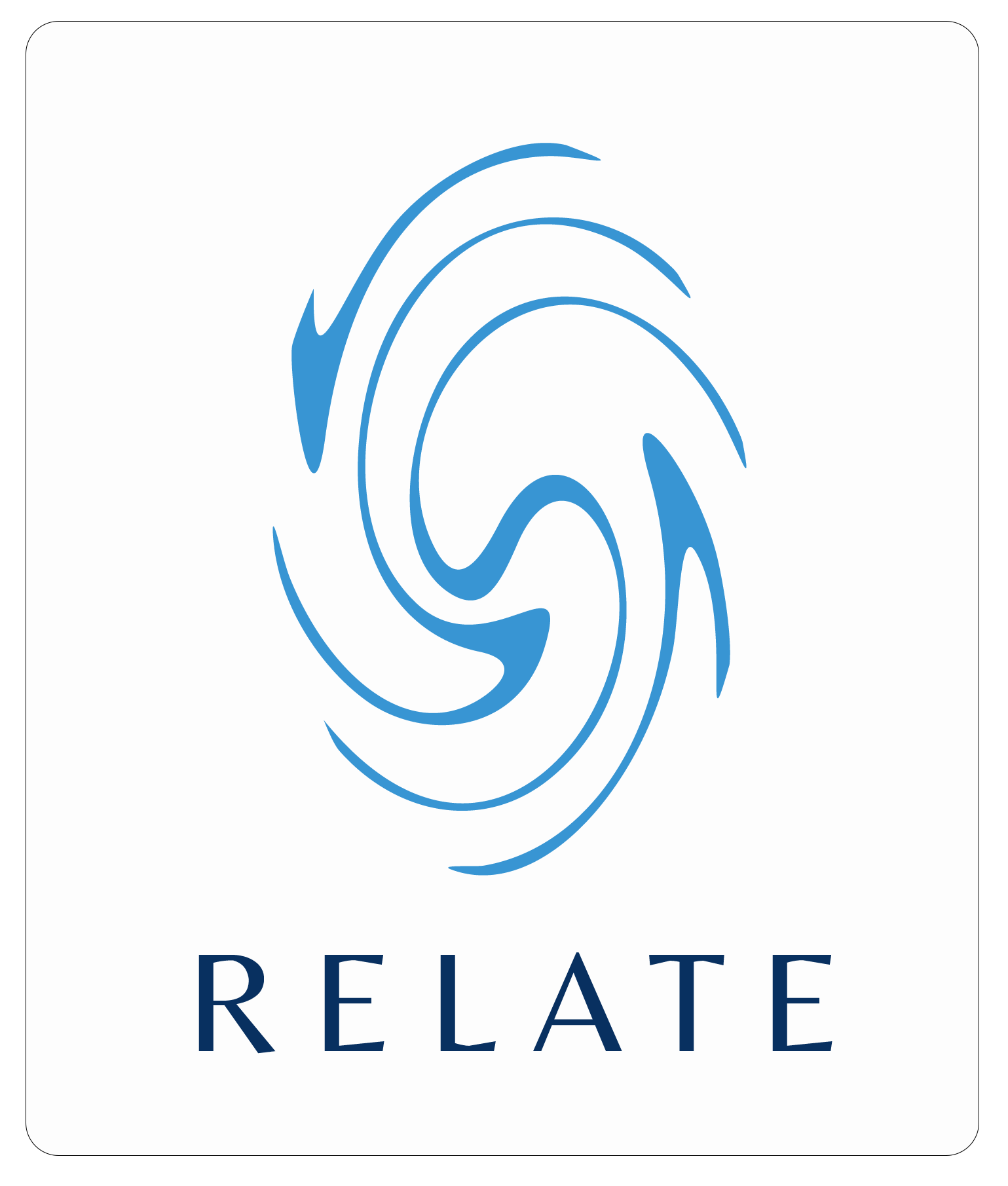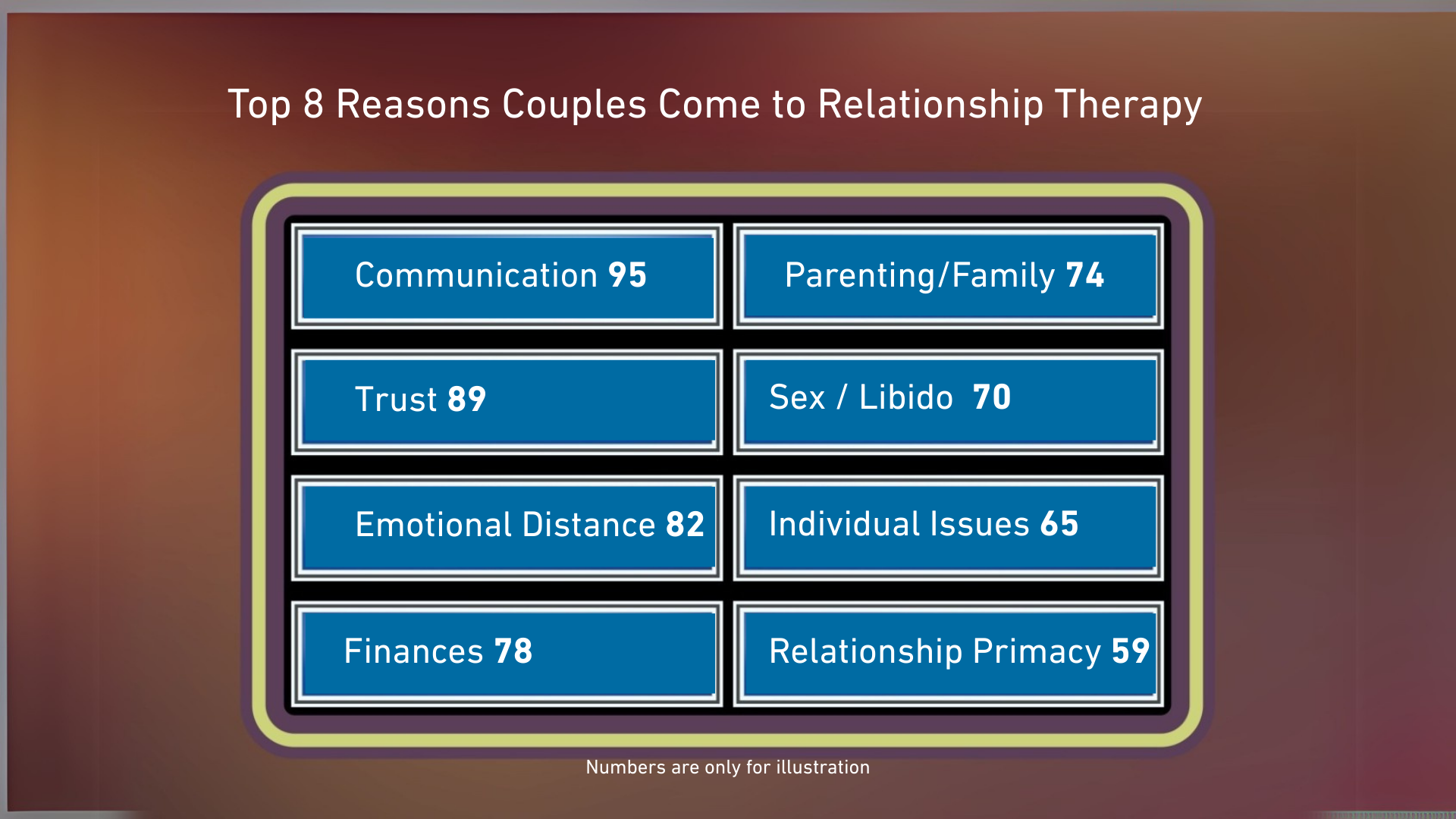Starting a new relationship can be both exciting and nerve-wracking. You want to make sure you're making the right choice, but you also don't want to rush into something without truly knowing the person. So, how do you approach new relationships in a way that allows for both connection and commitment?
First and foremost, it's essential to take the time to understand yourself and your values before diving into a new relationship. Knowing what you want and need in a partner is crucial to finding compatibility. So, before you even meet someone, do some self-reflection and figure out what truly matters to you.
Once you've gained clarity on your values, it's time to do your homework. When you meet someone new, take the time to get to know them and see if there's chemistry between you. Enjoy the initial stages of the relationship and allow yourself to feel the excitement. But remember, it's important to not let the honeymoon period cloud your judgment.
Within the first month of dating, it's essential to evaluate whether your values, life plans, and goals align with your partner's. This will give you a clearer picture of whether or not the relationship has a long-term potential. If you find significant differences that may hinder a future together, it's best to address them early on and decide if it's worth pursuing.
As the relationship progresses, make sure to use the honeymoon period wisely. It's a time to work through any unresolved issues from your past or childhood that may affect your ability to fully commit. By addressing these underlying problems, you can build a solid foundation for a healthy, long-lasting relationship. This article uses the Relational Brain Model from Presence Oriented Relationship Therapy. The Relational Brain Model identifies the role of the neurotransmitter phenylethylamine during the honeymoon phase of a new relationship and suggests strategies for couples to create lasting connection and work through relational defenses.
Commitment is a significant step in any relationship, but it's important to be aware that the honeymoon phase won't last forever. Eventually, the initial excitement will wear off and you'll have to navigate the reality of everyday life together. This is why it's crucial to have a plan for how you'll handle challenges and conflicts that may arise.
Remember, relationships are not about testing or trying before buying. They are about two individuals coming together, opening up their worlds to one another, and choosing to commit. Take the time to progress in the relationship based on the deeper connection you build, rather than superficial expectations or timelines.
Approaching new relationships from the Relational Brain Model means understanding that trust and security are essential. Avoid stringing someone along and instead, communicate clearly about your intentions and feelings. By being open and honest from the start, you can create a strong foundation for a healthy and fulfilling relationship.
If you want to know more about the cycles of relationship go here.






